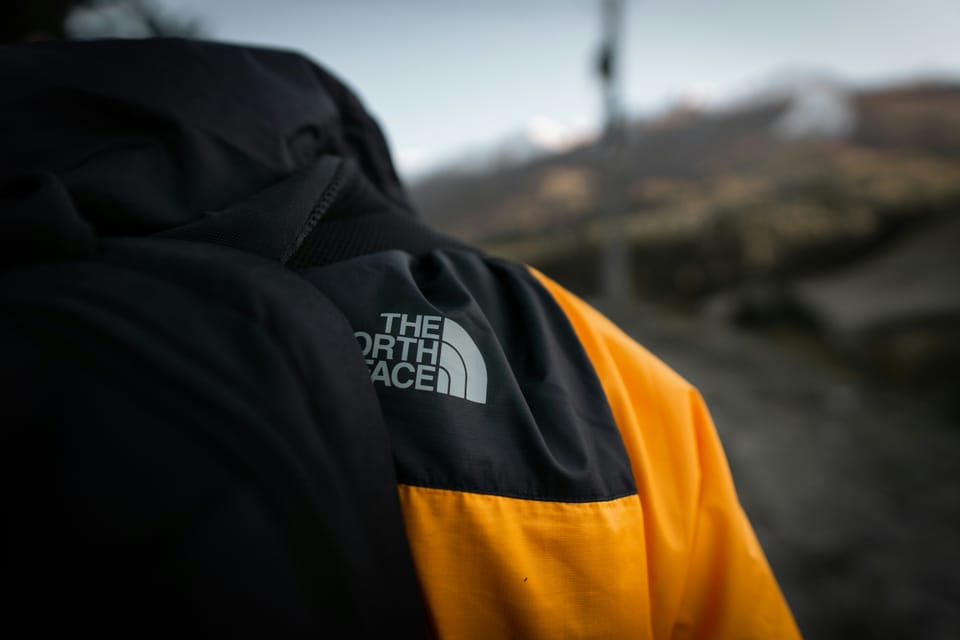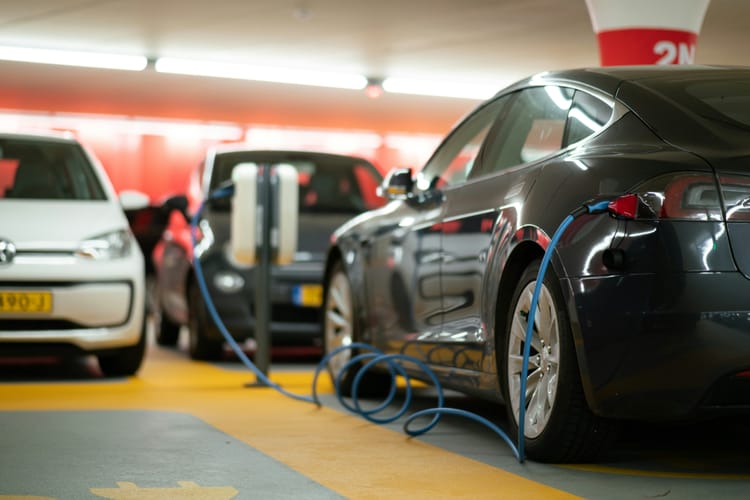VF Corp meets recycled polyester target early, shares sustainable materials progress
The firm has traced 61% of its key materials all the way from Tier 1 to Tier 5 suppliers.

VF Corporation used 64% recycled polyester across its brands last year, achieving its 2026 target one year early, according to its latest sustainability report.
The sportswear company, owner of brands such as Vans, Timberland and The North Face, has shared significant progress when it comes to mapping its full supply chain and switching to more sustainable materials for its garments. In particular, its 2026 goal to use 50% recycled polyester has been met early.







